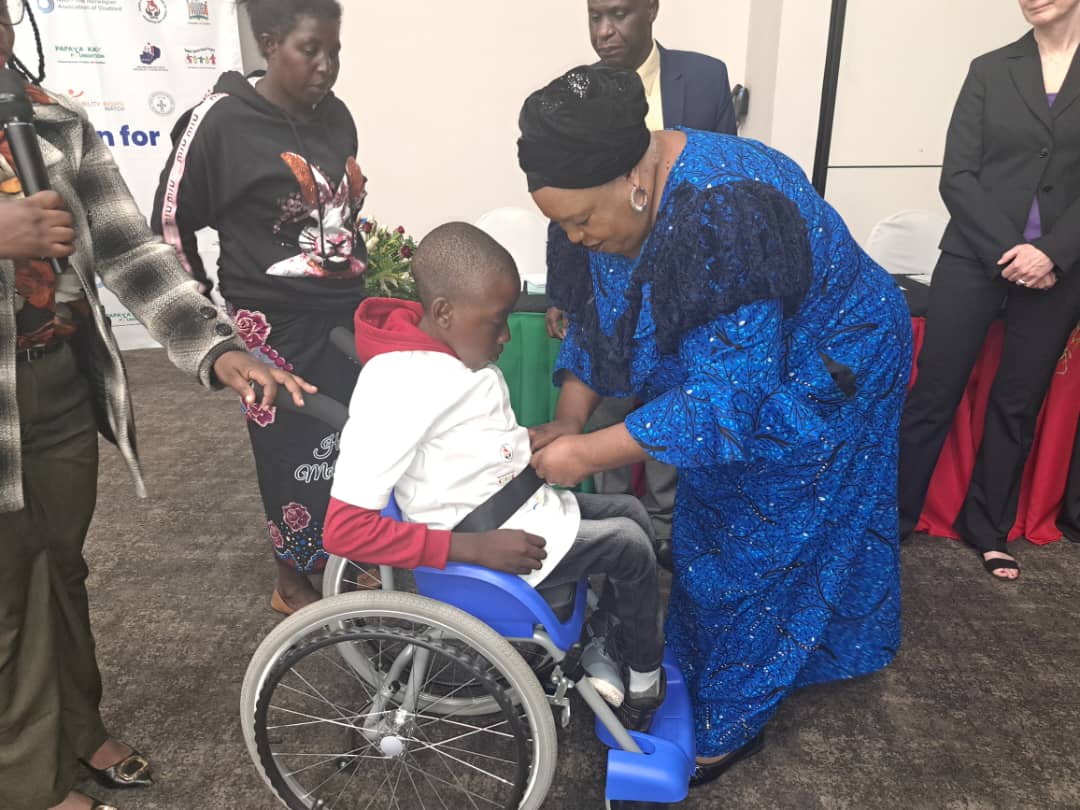Reported by: The Agency Media.
Date: 7th May, 2025.
Lusaka, Zambia
Zambia has taken a decisive step toward embedding disability inclusion into the core of its national development agenda with the launch of the Collective Action for Disability Rights (CADIR) project a transformative, five year initiative supported by the Norwegian Association of Disabled (NAD) and allied Norwegian partners.
Rather than approaching disability as a peripheral social issue, CADIR reframes it as a cross cutting development priority intersecting with governance, climate resilience, human rights and economic equity.
At the official launch, Minister of Community Development and Social Services, Hon. Doreen Mwamba, underscored the government’s commitment to inclusive policy reform, announcing plans to ratify the African Disability Protocol by 2027 and finalize a National Action Plan focused on the protection and empowerment of persons with albinism.
“Inclusion is no longer a charity model it is a governance imperative,” Minister Mwamba said. “CADIR is not just a project; it is a statement of intent, aligning our country with global and continental frameworks on disability rights.”
The CADIR project is notable for its emphasis on climate responsive inclusion, an emerging area of concern as Zambia confronts the increasing impact of climate related shocks such as droughts. The initiative integrates climate justice with disability advocacy, recognizing the heightened vulnerability of persons with disabilities during environmental crises.
“This initiative aligns with our National Disability Policy and recognizes the urgent need for inclusive adaptation strategies,” Minister Mwamba added.
Representing NAD, Country Director Ms. Caroline Cheelo drew attention to the global scale of exclusion, noting that an estimated 1.3 billion people 16% of the world’s population live with significant disabilities, many of whom continue to face institutional and societal barriers.
“CADIR is a people driven model grounded in community ownership,” Cheelo said. “It is about realigning systems education, employment, healthcare and political engagement so that no one is left behind.”
The Zambia Agency for Persons with Disabilities (ZAPD) echoed this sentiment. In remarks delivered by the Director of Planning and Programmes, Ms. Inger Mutenekwa, on behalf of ZAPD Director General Mr. Frank Musukwa, the agency highlighted the importance of mainstreaming disability within national climate response strategies.
The CADIR project represents a shift from aid based approaches to one that values lived experience, systemic change and policy coherence. It is a clear signal that Zambia intends to lead by example in championing the rights, resilience and leadership of persons with disabilities.
The Agency.

